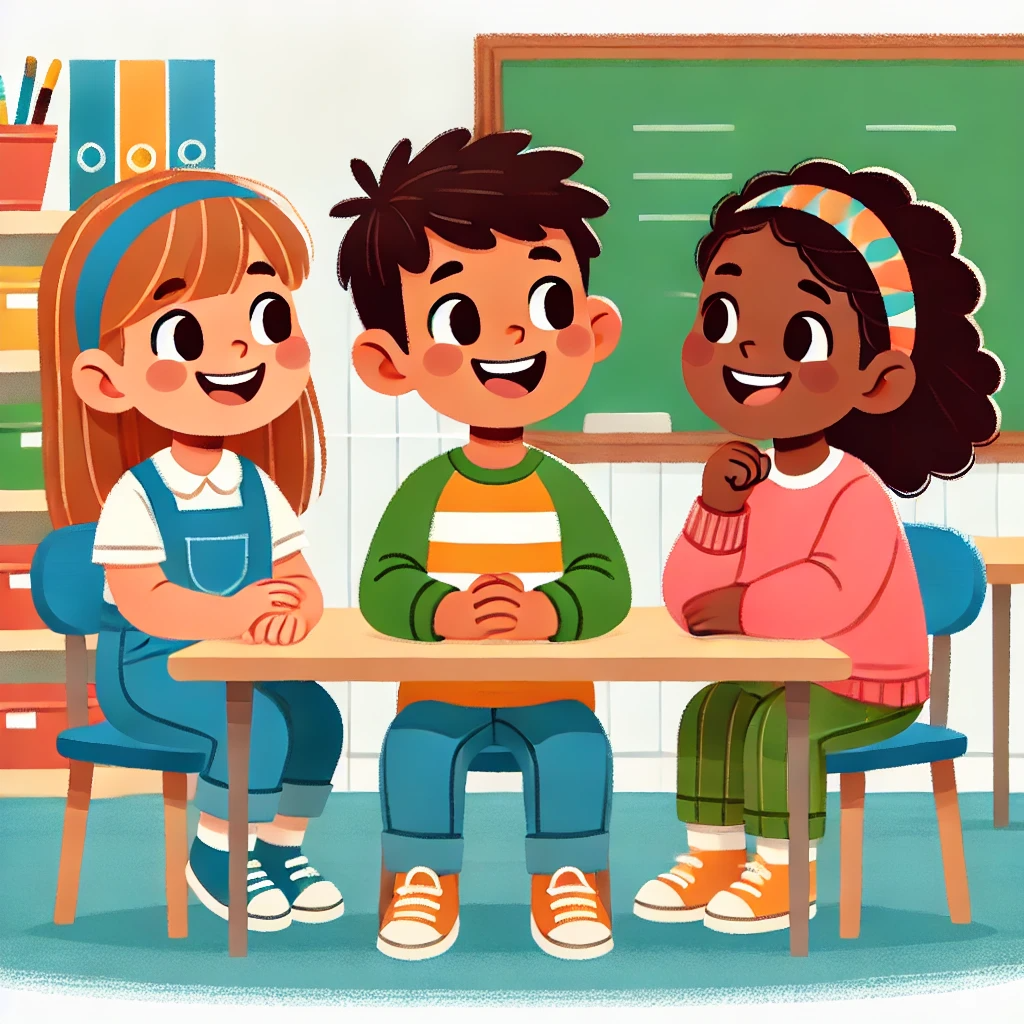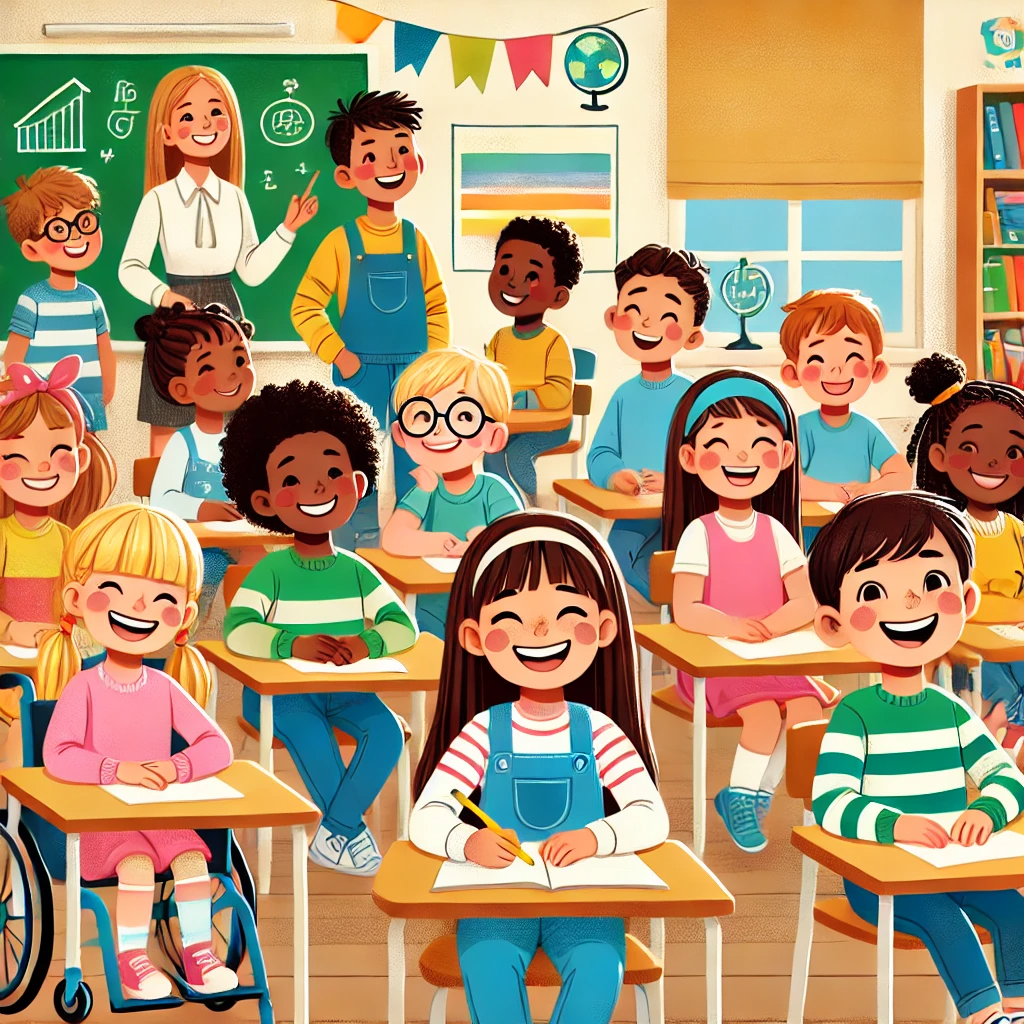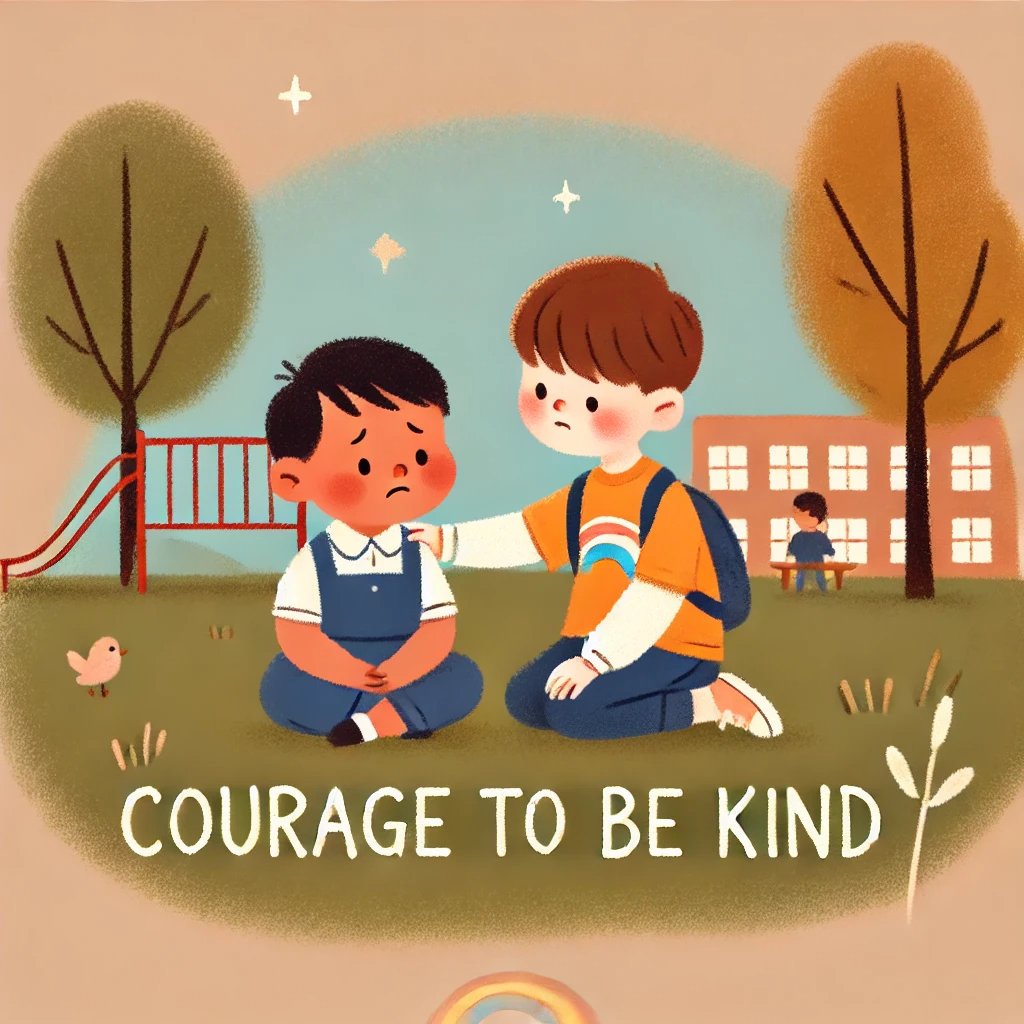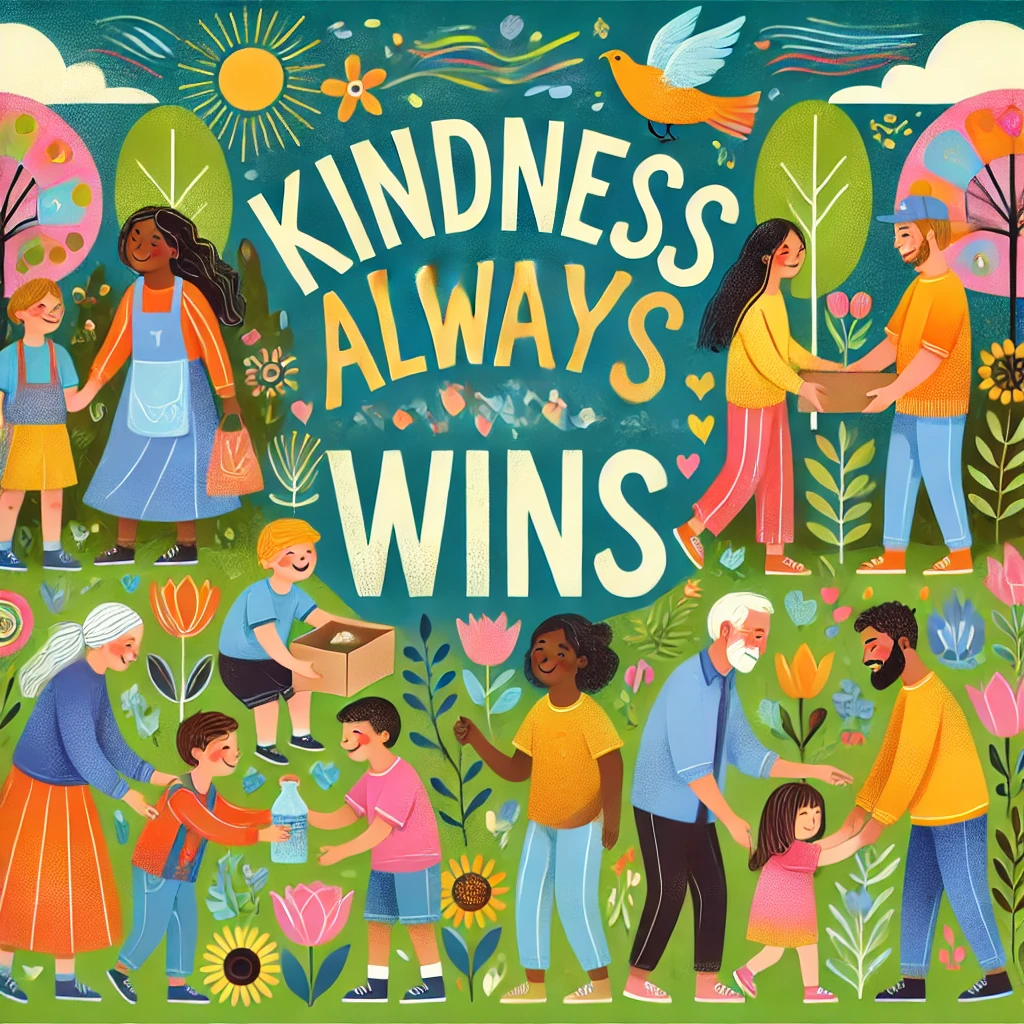
Sportsmanship isn’t just about what happens on the field or in a game—it’s about how we treat others, win or lose. In this episode, Sami dives into what it means to be a good sport and shares five easy ways kids can practice sportsmanship in their daily lives.
The Big Idea
At its heart, being a good sport is about kindness and respect, no matter the outcome. Whether you win, lose, or make a mistake, the way you handle yourself is what truly counts. Great athletes like Lionel Messi and Serena Williams are admired not just for their skills but for their positive attitudes and respect for others. That’s the power of sportsmanship—it lifts everyone up and creates an environment where everyone feels encouraged and included.
Why It Matters
Learning how to be a good sport goes beyond the games we play—it shapes who we are in everyday life. It teaches us to handle wins and losses with grace, reminding us that while winning is fun, how we win matters, and losing is an opportunity to show respect and build resilience. Sportsmanship also helps us see things from others’ perspectives, encouraging us to understand and care about how others feel—a valuable skill both on and off the field. Most importantly, it shows us that mistakes and setbacks aren’t the end of the road but stepping stones to learn, grow, and become better.
Five Tips for Practicing Good Sportsmanship
Sami shares simple yet impactful ways to make sportsmanship a part of your everyday life:
- Learn From Every Experience
Every game or challenge is a chance to grow. Instead of getting upset, ask yourself, “What can I do better next time?” Champions aren’t just winners—they’re learners. - Cheer for Others
Support your teammates and friends, especially when they’re struggling. Encouragement inspires others to keep going and shows true team spirit. - Keep Cool and Be Kind
Frustration happens, but taking a deep breath and choosing kindness makes all the difference. Treat others how you’d like to be treated, even when things don’t go your way. - Win With Respect
Winning feels great, but it’s important to stay humble. Congratulate others, say “good game,” and avoid bragging—it’s the respectful thing to do. - Have Fun!
Don’t get so focused on being the best that you forget to enjoy yourself. The best memories come from having fun, not just winning.
Being a good sport is about more than games—it’s about building character, showing kindness, and finding joy in every experience. When we practice sportsmanship, we’re not just better teammates; we’re better people.




